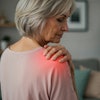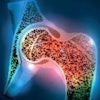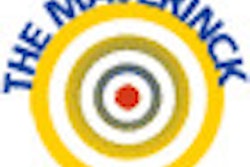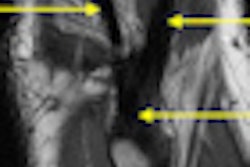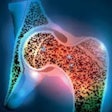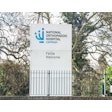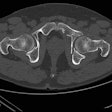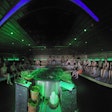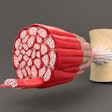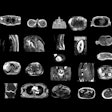
NEW YORK (Reuters Health) - New research from France suggests that young, competitive athletes account for only a fraction of sports-related cardiac arrests, in which the heart stops beating without warning.
Rather, most cardiac arrests may happen in adult men playing recreational sports, the study found.
The findings come in the wake of several sudden deaths on the playing field, such as Michigan high school basketball player Wes Leonard, who collapsed earlier this year when his heart stopped just moments after he'd sunk a game-winning basket.
In the new study, researchers documented 820 cases of sports-related cardiac arrest over five years. That works out to only four or five deaths for every million people each year, although the true rate may be higher than that, they say.
"We cannot transmit the message that sport practice is dangerous for health," study author Dr. Eloi Marijon, from the Paris Cardiovascular Research Center, told Reuters Health in an email.
Rather, the findings point to the importance of doing quick CPR, or cardiopulmonary resuscitation, when someone suffers a cardiac arrest, the French team says.
The new data came from a combination of ambulance reports of sudden cardiac arrest in exercisers and media releases on those emergencies. From 2005 to 2010, the researchers tracked all sport-related cardiac arrests in adolescents and adults living in 60 of 96 districts in France.
Out of 820 total cardiac arrests, 50 occurred in younger competitive athletes age 10 to 35. On average, they still suffered cardiac arrests at a higher rate than the population in general -- about 10 in every million, per year.
"That was one of the take-home findings -- that they probably are more likely to die from cardiac death," said Dr. Kim Harmon, a sports medicine doctor at the University of Washington in Seattle, who reviewed the findings for Reuters Health.
Still, more than 90% of all cardiac arrests happened during recreational sports, most often biking or running, the researchers reported in the journal Circulation. The majority were in otherwise healthy men between age 35 and 65.
Less than a third of people in cardiac arrest were given CPR -- but when they were, their odds of surviving the arrest more than tripled. In total, 253 people in the study made it to the hospital alive, and 128 ultimately survived.
About 300,000 Americans suffer cardiac arrest every year die, and the vast majority of them die.
The French researchers observe that "sports-related sudden death in the general population is considerably more common than previously suspected," but add that studies that look beyond competitive athletes have been limited.
Doctors have debated whether competitive athletes should be screened for underlying small heart defects that might cause a sudden cardiac arrest.
But such an effort would be very difficult to plan in all recreational athletes, Marijon said. And it's not clear that mass screening would be worth the costs and the risk of "false-positives" -- abnormal test findings that wouldn't have led to any problems.
What may prevent deaths is fast CPR or defibrillation -- an electrical shock to the heart to help restore its normal rhythm -- in people who suffer a cardiac arrest, experts say.
Harmon added there's no reason to think the rates would be very far off in the U.S. or other countries.
"The types of heart (conditions) that cause this in different populations might be a little different, but the problem is the same," she said.
"I think that this study really highlights ... that early defibrillation and CPR is important."
By Genevra Pittman
Source: http://bit.ly/prsXn9
Circulation, online July 25, 2011.
Last Updated: 2011-08-24 15:45:12 -0400 (Reuters Health)
Copyright © 2011 Reuters Limited. All rights reserved. Republication or redistribution of Reuters content, including by framing or similar means, is expressly prohibited without the prior written consent of Reuters. Reuters shall not be liable for any errors or delays in the content, or for any actions taken in reliance thereon. Reuters and the Reuters sphere logo are registered trademarks and trademarks of the Reuters group of companies around the world.

